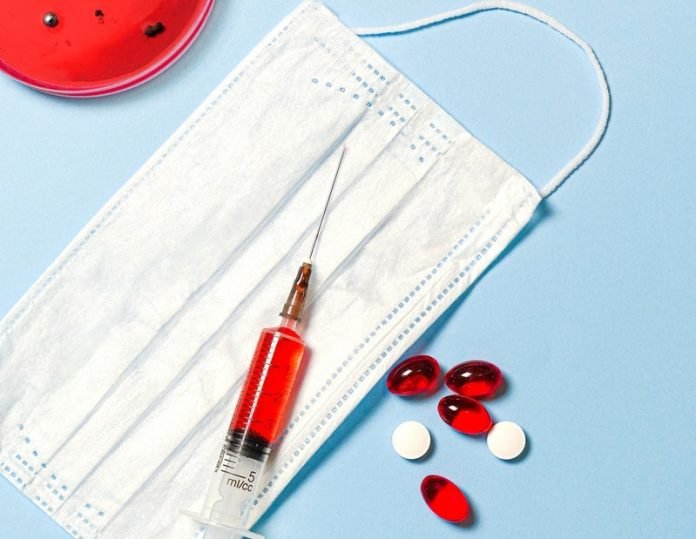
Erythropoietin (Epo) is actually a medication for anemia.
In a new study, researchers found the doping agent Epo could also be effective against COVID-19.
The drug could slow down severe disease progression and protect patients from long-term neurological effects when the COVID-19 virus attacks the brain.
The researchers are now planning a clinical trial to systematically test the effects of Epo treatment in COVID-19 patients.
The research was conducted by a team at the Max Planck Institute of Experimental Medicine in Göttingen.
At the end of March, a patient with severe COVID-19 symptoms was admitted to an Iranian hospital.
Because the patient also had poor blood values, the doctors prescribed the hematopoietic growth factor Epo. Seven days after the start of treatment, the patient was able to leave the hospital.
Another indication of the protective role of Epo in the case of COVID-19 comes from South America, where severe illness is rarer in higher-lying regions than in the lowlands.
This may be because people living at higher altitudes form more Epo and are better adapted to oxygen deficiency because they have more red blood cells.
In the study, the team found that Epo acts on areas of the brain stem and spinal cord that control breathing.
As a result, breathing improves when there is oxygen deficiency.
Epo also has an anti-inflammatory effect on immune cells and could thus attenuate the frequently exaggerated immune response in COVID-19 patients.
It could also protect against neurological symptoms and long-term effects of the disease such as headaches, dizziness, loss of smell and taste, and seizures.
The protective effects of Epo have been shown in animals as well as in numerous studies in humans with various brain disorders.
Unfortunately, pharmaceutical companies have only limited interest in financing further studies on approved active ingredients such as erythropoietin for which patent protection has expired.
The team says because COVID-19 can have such severe health-related consequences, they must test any evidence of a protective effect of Epo.
After all, there is currently neither a vaccine nor a medication for the disease.
They are therefore preparing a ‘proof-of-concept study’ to test the effect of Epo on COVID-19 in humans.
One author of the study is Hannelore Ehrenreich, a scientist at the Max Planck Institute of Experimental Medicine.
The study is published in Molecular Medicine.
Copyright © 2020 Knowridge Science Report. All rights reserved.



